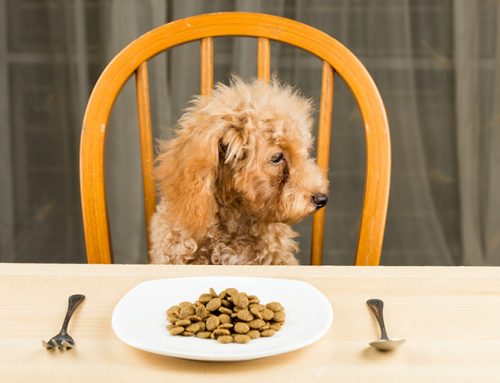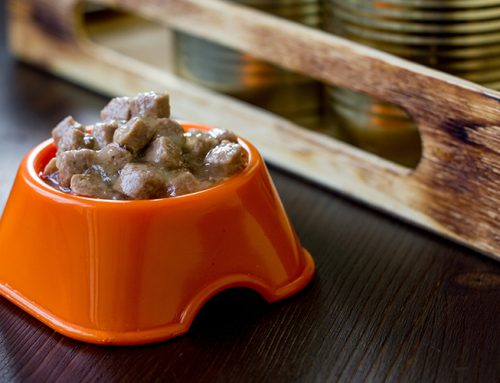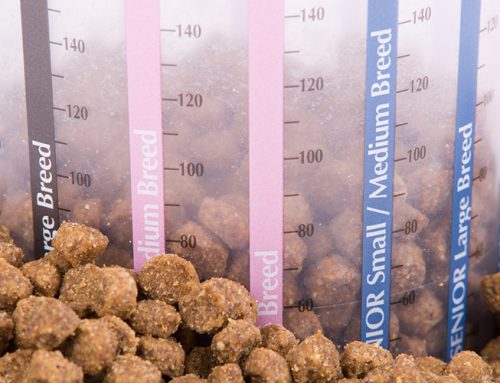Why is My Senior Dog Losing Weight?
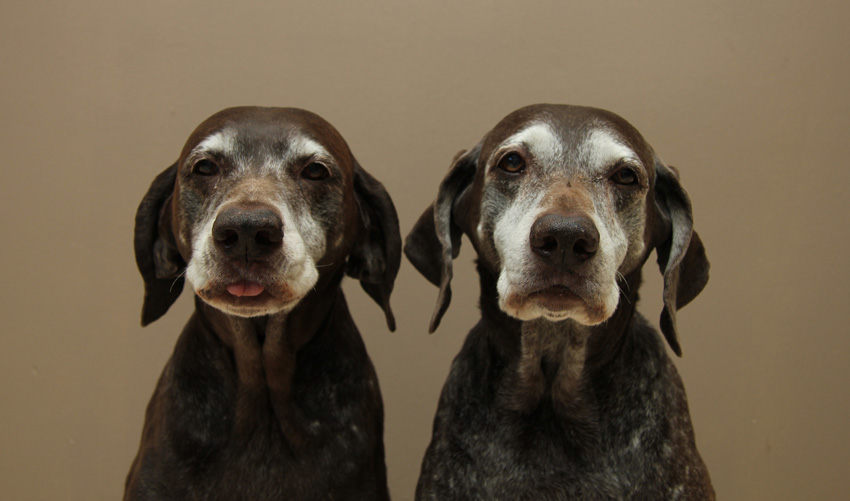
Senior dogs are at risk of being underweight or overweight. Many pet owners struggle to keep their older dogs at a healthy weight because their dog has become more sedentary. Other dog owners worry that their dog is becoming too thin and they struggle to help their dog gain weight.
If your dog loses about 10 percent of its normal body weight in a condensed period of time, visit your vet. This is an indication that something may be wrong with your dog and it’s an opportunity to check up on its overall health.
Senior dogs (sometimes called mature or geriatric dogs) are thought to need about 20 percent fewer calories than younger dogs because they exercise less and expend less energy. However, old dogs, like older people, sometimes become too thin and fragile because of loss of muscle mass, reduced appetites, or an inability to digest food well.
Weight loss is a symptom of several serious illnesses. If you think your dog may be ill, pay attention to your dog’s behavior and body to see if there is anything else unusual going on.
There are health and food-related reasons your senior dog may be losing weight.
Is Your Senior Dog Eating?
If your dog stops eating or is only picking at their food, this might be part of the reason your dog is losing weight, especially if your dog has been eating a declining amount of food over a few weeks.
Getting an otherwise healthy senior dog that is refusing food takes some experimentation.
If your dog is normally a kibble eater and has started turning its nose up at its bowl, it’s possible he or she is having jaw or tooth pain. Many senior dogs have dental disease or teeth removed, and this can make it challenging for them to eat crunchy, hard foods.
Try softening the kibble with water or a salt-free bone broth. Otherwise, you may need to try a semi-moist or canned food. Home cooking sometimes goes over well with dogs that are otherwise being fussy eaters. You can try mixing cooked pork or chicken with rice and sweet potato or pumpkin. Maybe your dog needs a meal change and something new will be enough to spark an appetite. Gently heating up your dog’s food might be enough to convince your pet the food will be tasty.
Changes in routine or environment may put your senior dog off its food for a couple of days, but if there are no underlying problems, their appetite should bounce back.
If your senior dog refuses to eat for 24 hours, contact your vet. If your dog’s appetite was normal and changed abruptly, he or she might not be feeling well.
Is Your Senior Dog on a New Medication?
A new medication can certainly upset a dog’s tummy and reduce its appetite. Even antibiotics can make your dog nauseous or give it a stomach ache. Fortunately, there are medications that also counteract these symptoms, although another trip to the vet will be required.
If your dog has thrown up or had diarrhea more than once because of new medication, they missed out on critical calorie absorption and their weight may drop. Small breed dogs are in particular prone to weight loss or dehydration if they get diarrhea.
The American Kennel Club suggests that chemotherapy and anti-inflammatory drugs can also cause your dog’s appetite to drop, which can lead to weight loss.
If your dog is on a new medication and is losing weight unexpectedly, check with your vet.
Is Your Senior Dog Getting Enough Protein?

Old boys and girls need protein! This is one thing many vets and dog experts agree on: protein helps senior dogs maintain muscle mass, and provides nutrients. Even the fussiest mature dog probably enjoys eating some high-quality meat.
Senior diets should contain a higher-quality protein source than standard food to help “maintain body weight and muscle mass without putting too much strain on the kidneys,” according to Fetch by WebMD.
“In fact, there’s evidence these days that suggests old dogs need more protein,” writes Caroline Coile for the American Kennel Club.
She recommends diets for senior dogs have an increased protein to calorie ratio, and that a minimum of 25 percent of all calories consumed come from protein.
To ensure your dog is getting a protein that doesn’t upset its stomach because of food allergies or a sluggish digestive system, look for a dog food that states what animal protein is in the food instead of “meat meal,” so you know exactly what protein your dog is eating.
Has Your Senior Dog Developed an Illness?
Some medical conditions cause weight loss. These include:
Kidney disease
Cancer (you can also look for lumps or sores on your dog’s body)
Heart disease (often has an accompanying cough and lethargy)
Intestinal disease (your dog might be eating normally but can’t properly digest their food)
Liver disease (watch for yellowing eyes and skin too)
Diabetes (your dog may still have a great appetite but isn’t processing glucose well)
A parasitic infection (tapeworm, fleas)
Hyperthyroidism
Addison’s Disease (most common in Bearded Collies, Poodles, Rottweilers)
If your dog is eating normally but losing weight, a visit to the vet will be required to rule out serious illnesses like those above.
Pain can also put your dog off its food — leading to weight loss.
Is Your Dog Anxious or Depressed?
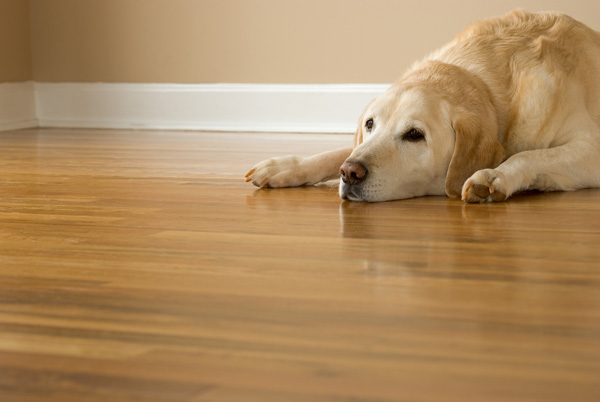
Senior dogs can and do develop anxiety or depression, especially if it’s because their vision or hearing is starting to change. They may be confused because of these changes. That would make anyone anxious.
“Loss of appetite in older dogs can be caused by anxiety or depression,” according to Daily Dog Stuff. “When your dog suffers from these mental conditions, they may go days without eating.”
Changes in the household dynamic (a new baby, someone going off to college, a new pet) can cause anxiety until your dog adjusts and starts eating again.
What Can You do to Help Your Dog Gain Weight?
Switch to calorie-dense food.
Try a different type of food — wet, homemade or softened dry food.
Add a special treat (like a tiny bit of grated cheese or coconut oil) to your dog’s food to up the yum factor and the calorie count.
Talk to your vet about potential illnesses.
Spend time with your dog if he or she is feeling depressed or anxious, and try to minimize exposure to things that bother it until your dog regains some weight.


